Tag: AI generated music
-
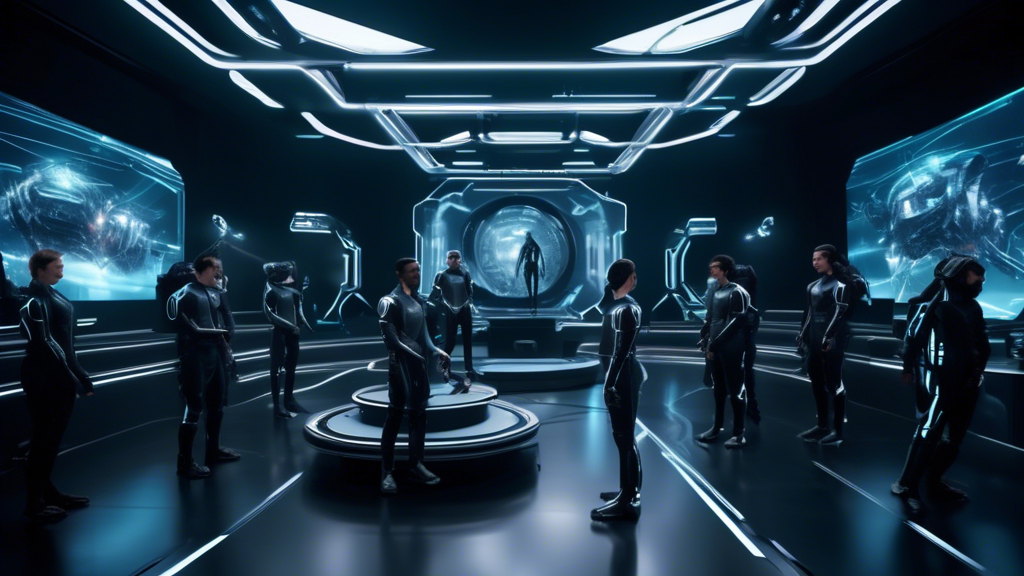
AI’s Influence on Virtual Production Techniques
AI’s influence on virtual production techniques is revolutionizing the entertainment industry, offering new tools and methods that enhance creativity while streamlining the production process. As AI continues to develop, its role in virtual production is set to expand, opening up a vast world of possibilities for filmmakers and content creators. The marriage of AI and…
-
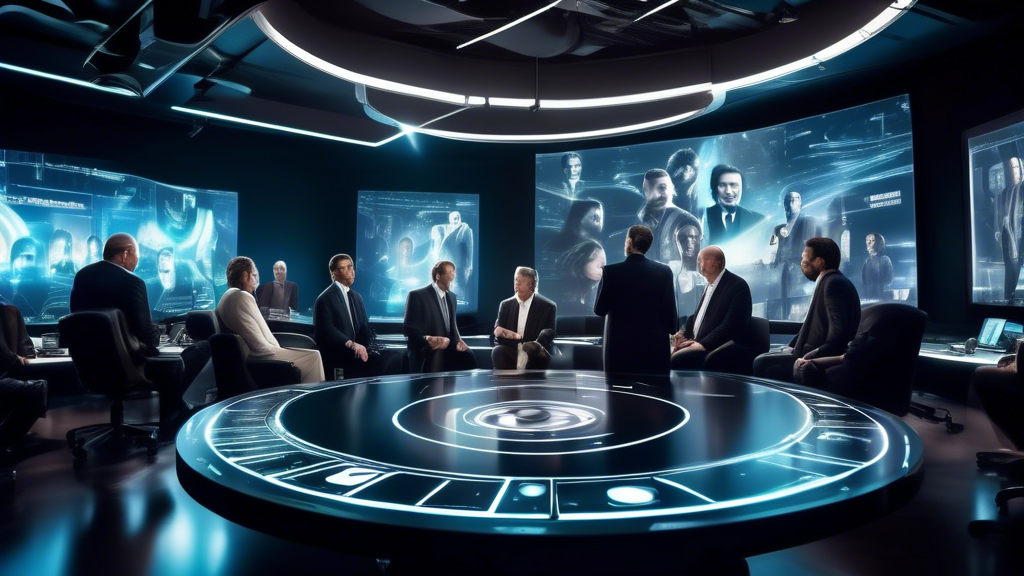
Technology Titans Negotiating with Hollywood for AI Content Licensing
As Hollywood and technology titans continue to negotiate AI content licensing agreements, the entertainment industry stands on the brink of a significant transformation. These negotiations uphold the potential to harness AI’s powerful capabilities while ensuring that the interests of all stakeholders are fairly represented and protected. If successful, these collaborations could not only revolutionize content…
-
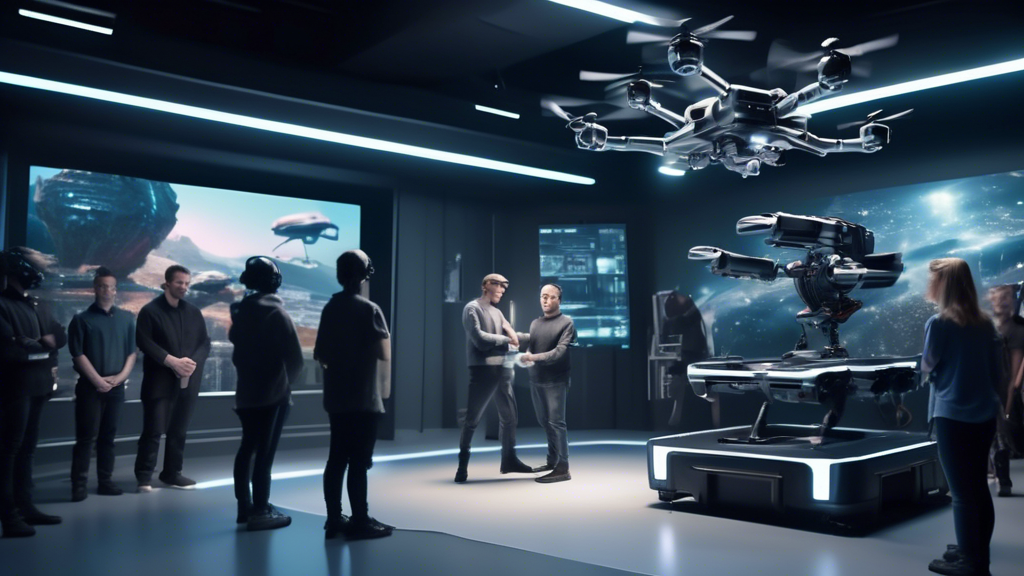
Innovative Applications of AI in Hollywood Production
The integration of AI in Hollywood production is not just a fleeting trend but a profound shift that is here to stay. By automating mundane tasks, providing valuable insights, and enhancing creative capabilities, AI is helping filmmakers push the boundaries of what is possible. As AI technology continues to evolve, its applications in film production…
-
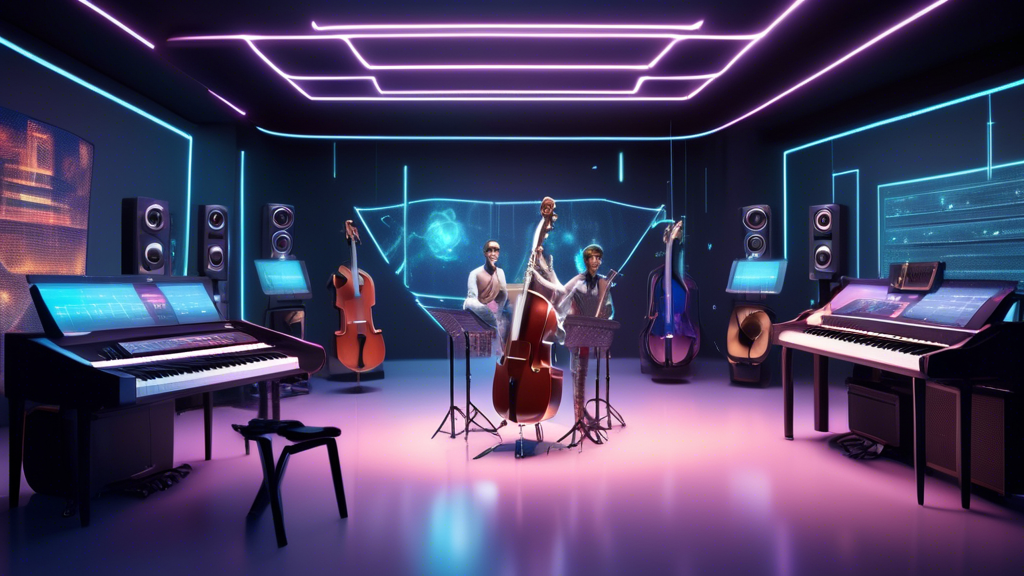
Challenges and Opportunities in AI Music Creation
To fully harness the benefits of AI music creation while mitigating its challenges, a balanced approach is necessary. Musicians, developers, and policymakers need to work together to create ethical guidelines, ensure high standards of quality, and promote collaboration between humans and AI. By doing so, the music industry can innovate while preserving the human touch…
-
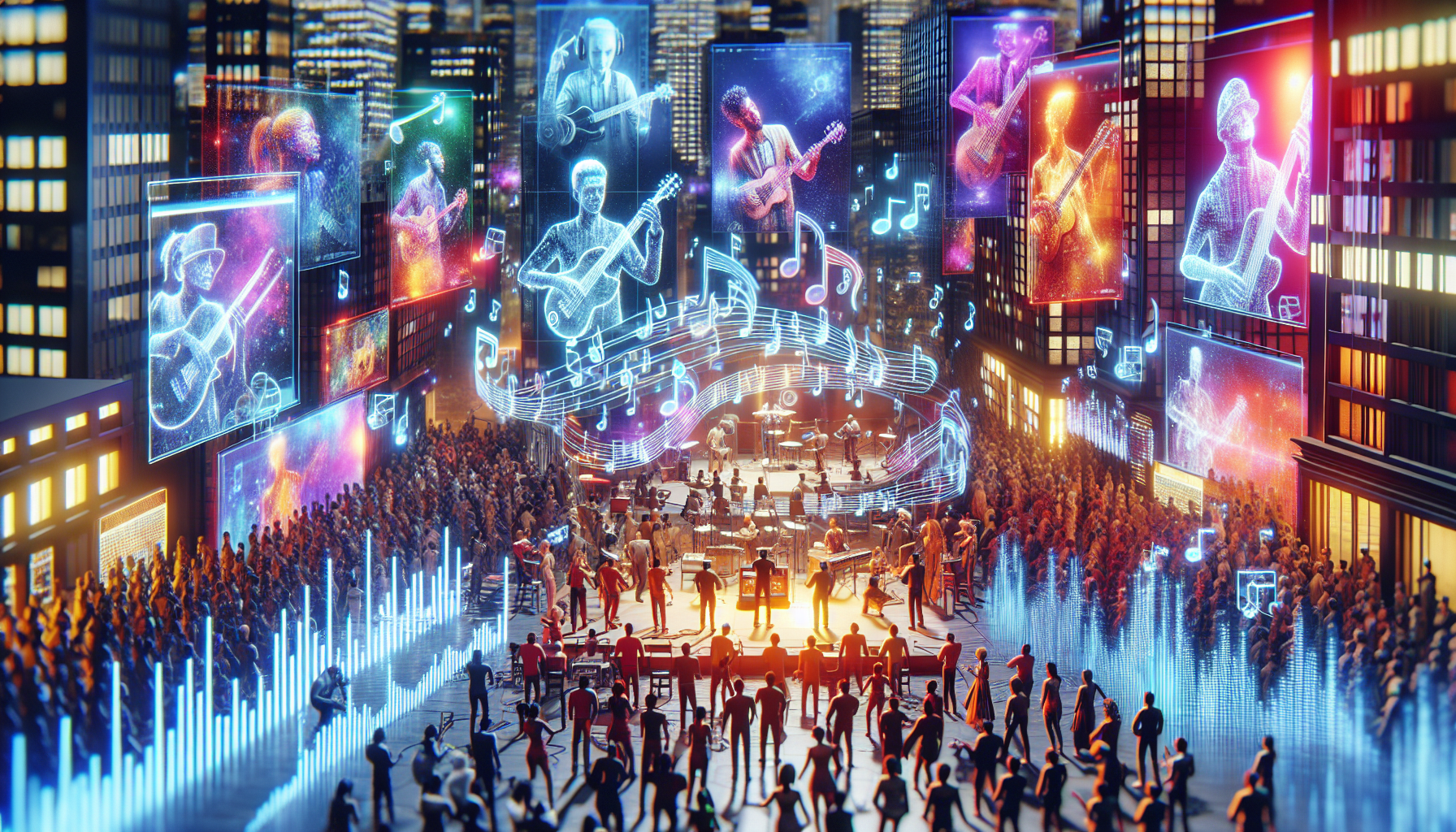
Exploring the Future: Music Innovation in the Digital Age
“Explore the latest in AI-driven music tech, Hollywood transformations, and round-the-clock music industry news on X.”
-
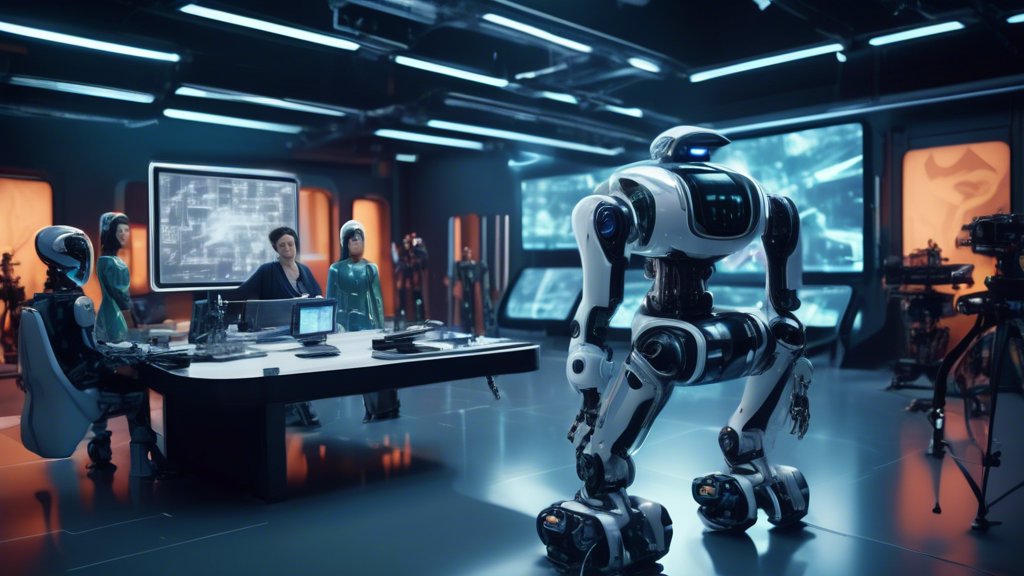
Hollywood’s Subtle Adoption of AI
AI’s adoption in Hollywood is still in its early stages, but its impact is already being felt. As technology continues to advance, AI’s role in the film industry is likely to grow, offering new opportunities for creativity and efficiency. While challenges and ethical considerations remain, the potential benefits of AI in streamlining production, enhancing special…
-
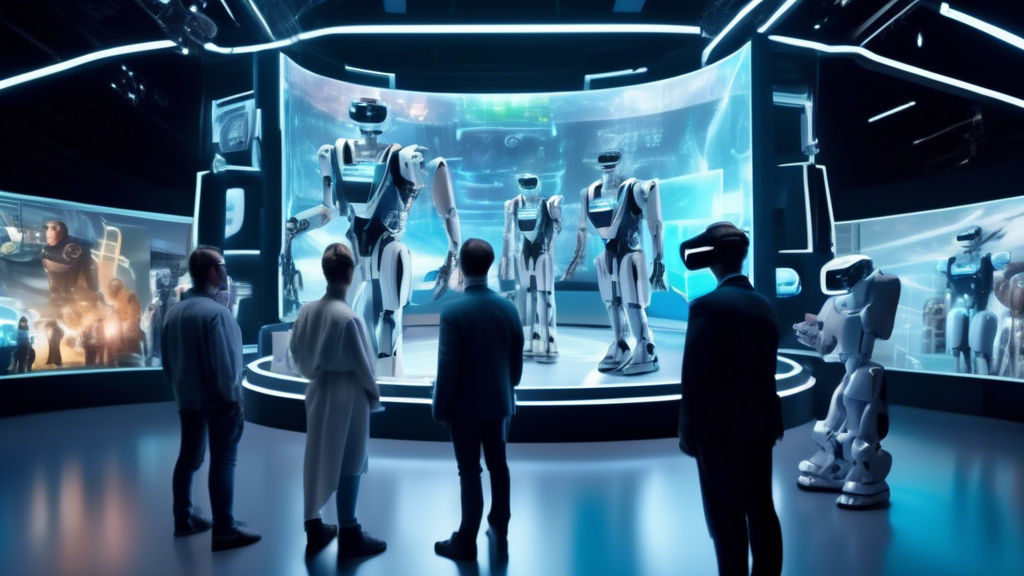
AI’s Role in Hollywood Production and Virtual Advertising
Traditional product placement methods often require physical presence on set, adding complexities to the filming process. AI-powered software can now insert products into scenes during post-production seamlessly. This allows advertisers to customize product placements for different regions and audiences, enhancing ad relevance and effectiveness. For instance, a film shown in the United States may feature…
-
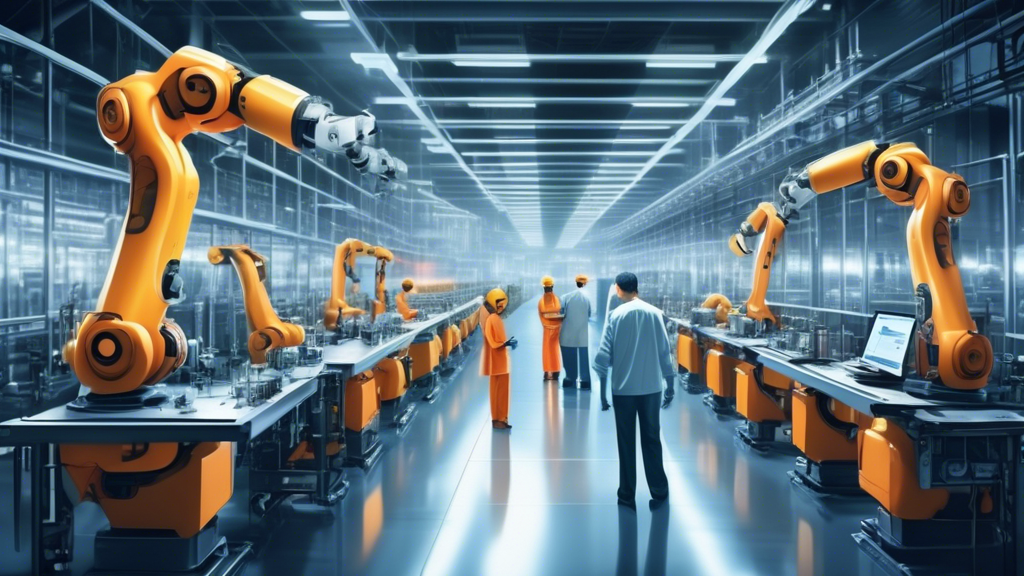
AI Will Not Reduce Production Expenses
The return on investment (ROI) for AI in production is not always straightforward to measure. While AI might enhance efficiency and output quality, quantifying these improvements in terms of cost savings can be complex. Many organizations find it challenging to isolate the direct financial impact of AI from other variables contributing to production costs. Hence,…
-
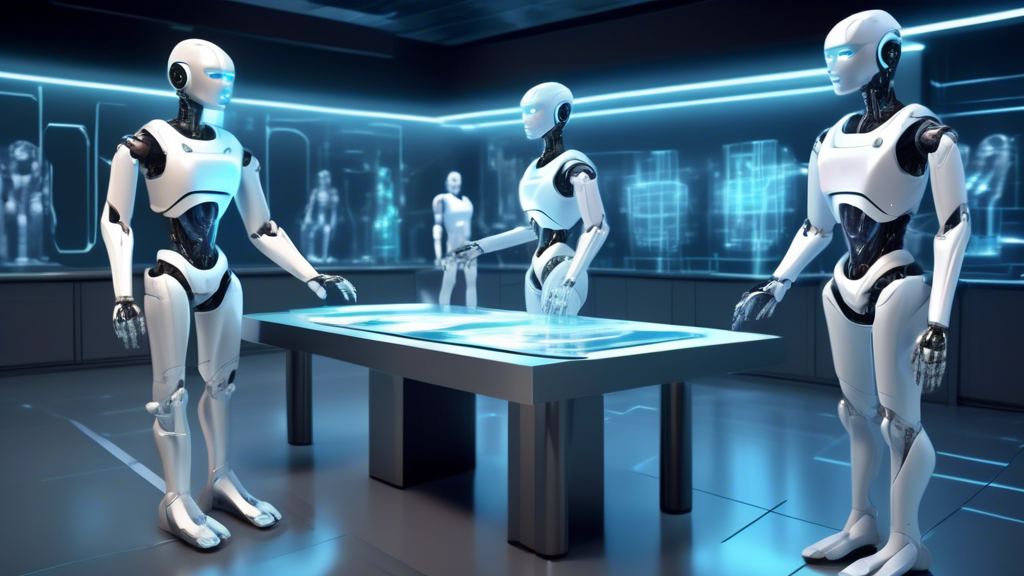
Virtual Humans and Robotics: Pioneering Synthetic Intelligence
Looking ahead, the integration of virtual humans and robotics with advancements in AI promises a future where synthetic intelligence becomes increasingly indistinguishable from human intelligence. Innovations such as emotion recognition, conversational AI, and adaptive learning algorithms will continue to refine the capabilities of these entities. As we navigate this exciting frontier, close collaboration between technologists,…
-
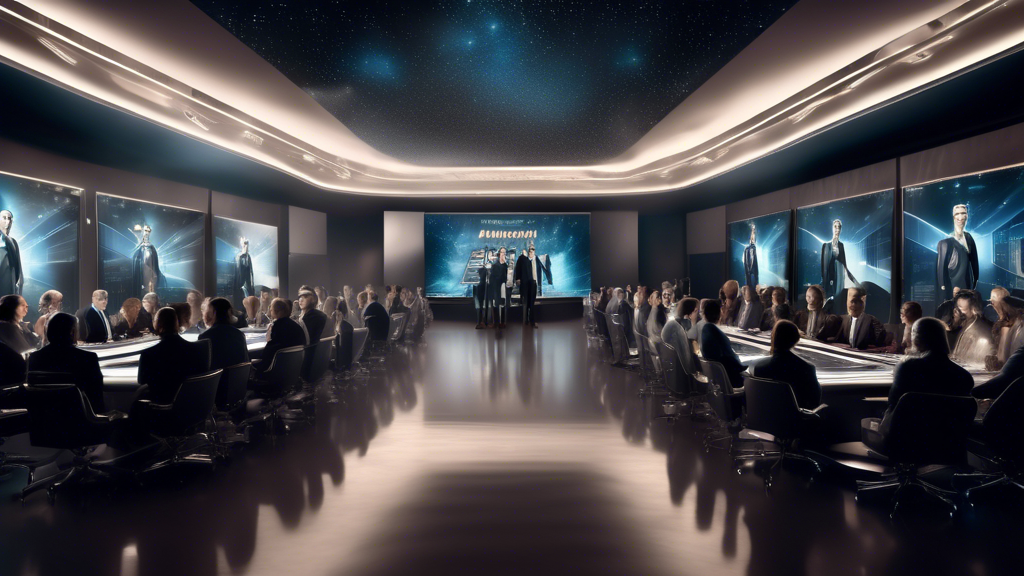
Hollywood Convenes for AI in Cinema
The integration of AI in Hollywood is not without its challenges. Ethical considerations, such as the potential loss of jobs for traditional artists and technicians, are a major concern. Additionally, questions about intellectual property and authorship arise when AI-generated content is involved.
